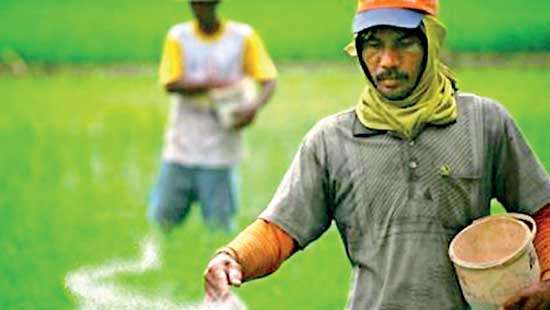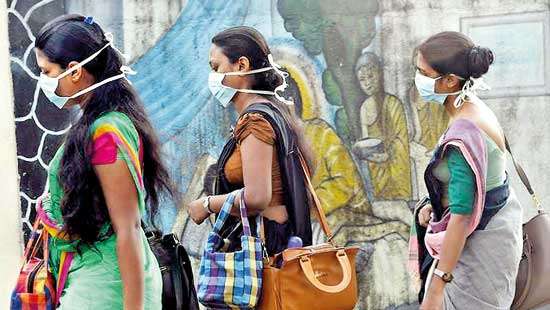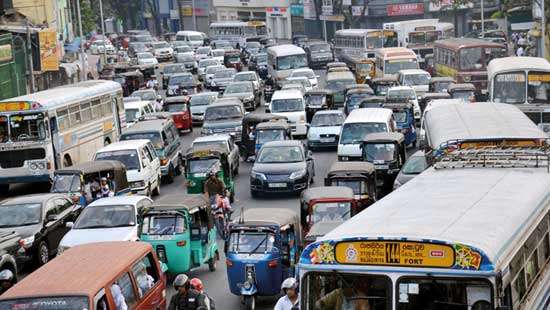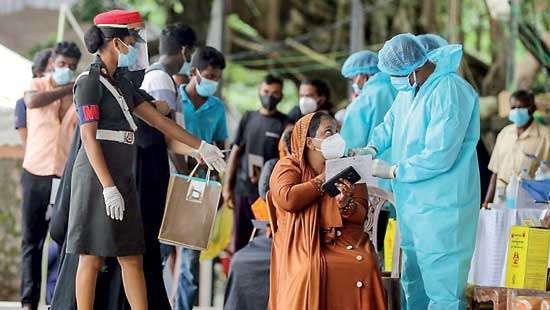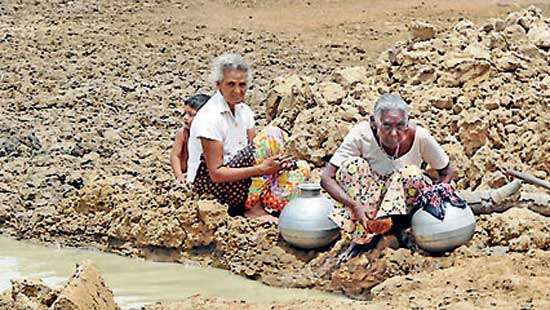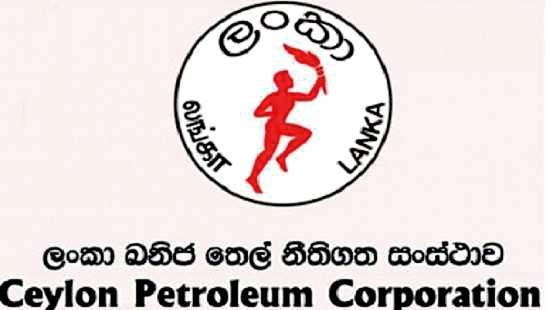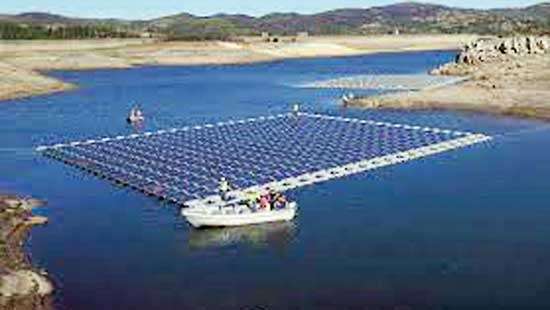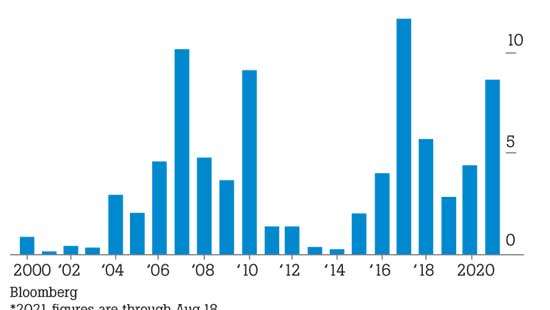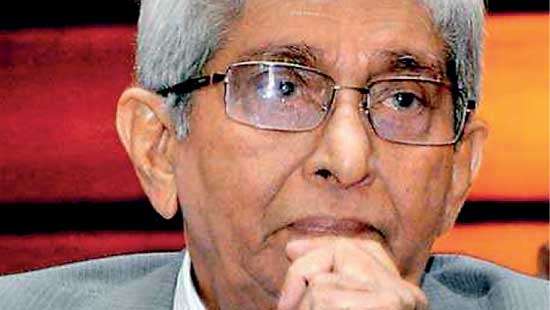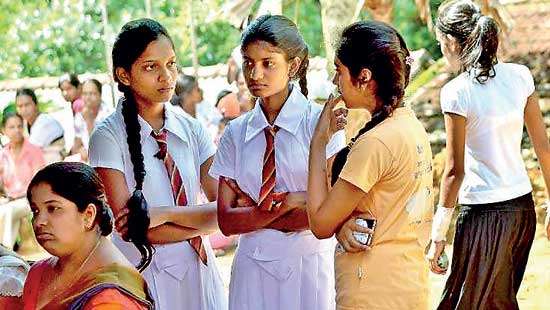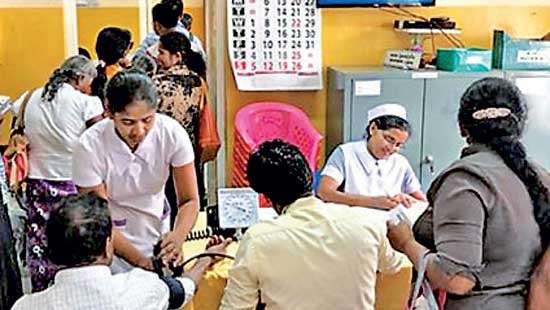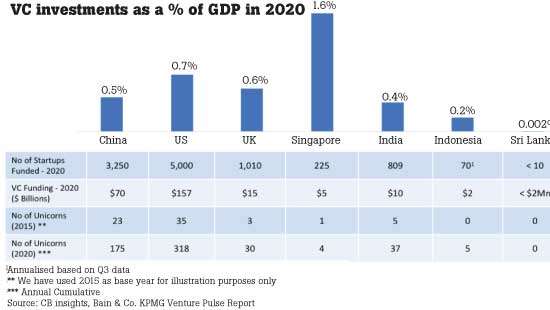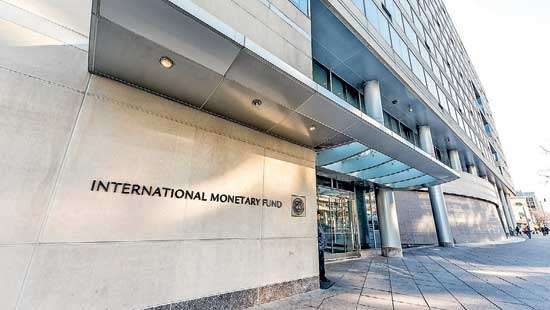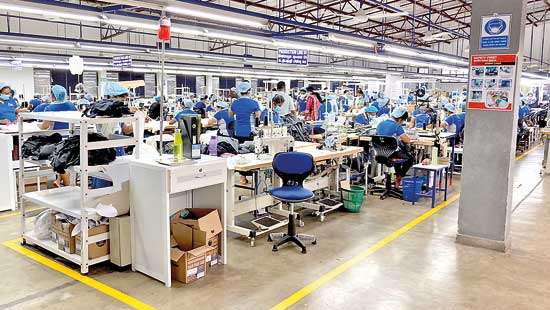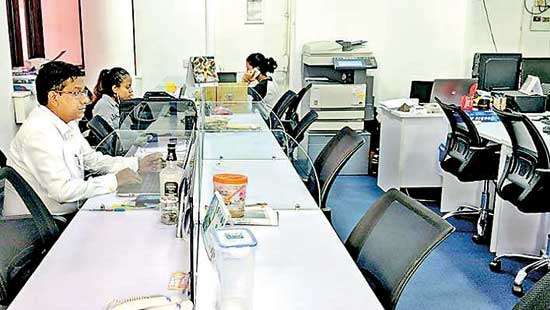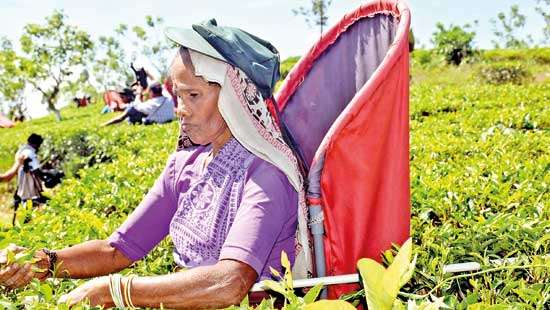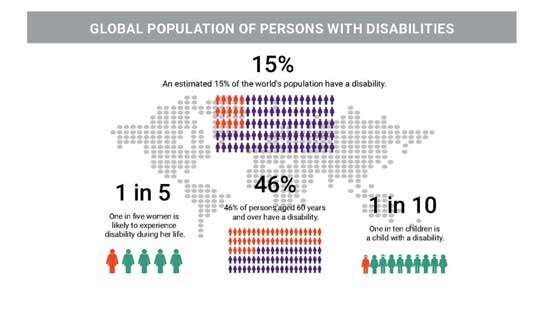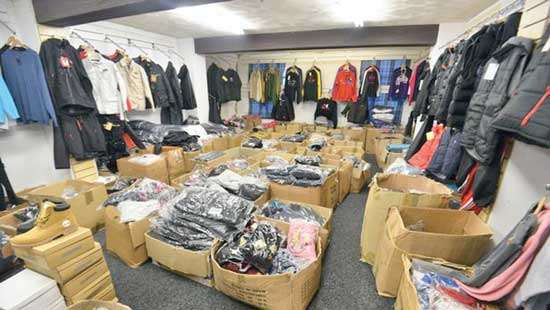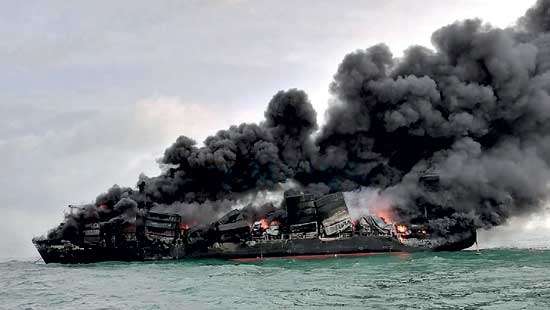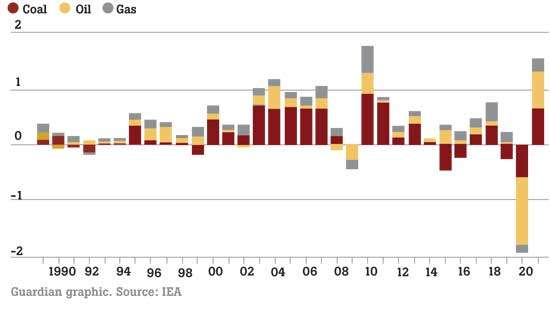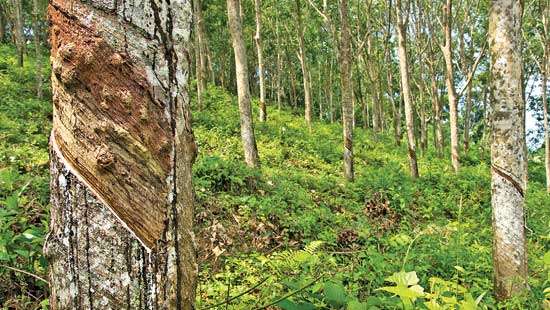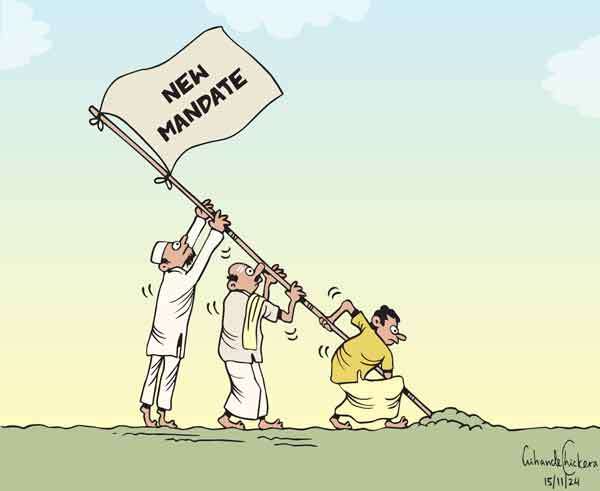Features
Pandemic expedites transition towards digital health
14 Sep 2021
 0
0
Blurring the line between physical and virtual, technology has revolutionized the way we receive services. Over the last decade, many economies have used technology to improve access to a range of quality and affordable facilities. With the COVID-19 pandemic upending lives and economies globally, the spotlight is once again on digital services.
Govt. temporarily takes one step forward in agriculture after many backward steps
14 Sep 2021
 0
0
Ever since April 2021, Sri Lanka’s agriculture and plantation sectors have been beset by needless difficulties as a result of an announcement, seemingly made on a whim, that Sri Lanka would switch completely to organic agriculture – effective immediately.
SL’s gender-based employment segregation: Does it increase women’s vulnerability amidst COVID-19?
08 Sep 2021
 0
0
Although COVID-19 may be gender-blind, it has created a crisis that has disproportionately affected women across the globe. The economic impact of the pandemic is mostly channelled through the labour market.
End of road for economic liberalism in Sri Lanka?
06 Sep 2021
 0
0
The recent passing away of Mangala Samaraweera, a former minister and senior neo-liberal politician, is expected to have an impact on possible future political scenarios in Sri Lanka. He played a pivotal role in electing three former presidents in the country and was probably the most senior (active) politician who espoused neo-liberal ideologies.
Quantifying COVID clean-up of air quality in Colombo
06 Sep 2021
 0
0
Among the many tragic consequences of the COVID-19 pandemic, there have been some positive offshoots as well. One of them is the improvement of Colombo’s air quality as a result of restricted movement to prevent the spread of the disease.
SL needs new water and sanitation policies to unlock investment barriers: WB
03 Sep 2021
 0
0
Meeting Sri Lanka’s rapidly increasing water and sanitation needs will require a comprehensive national policy capable of managing institutional coordination, improve planning and attract investment to benefit millions of people.
Vertical integration can help boost SL’s apparel exports to EU: JAFF Executive Member
03 Sep 2021
 0
0
To utilise the fullest extent of the GSP+ benefits, Sri Lanka’s apparel industry must increase the value addition to its exports to the European Union (EU) from the current 52 percent to 65 percent quickly. Vertical integration in Sri Lanka’s apparel industry is one of the quickest ways to do that, said Hemantha Perera, Secretary of the Sri Lanka Chamber of Garment Exporters, a constituent member of the Joint Apparel Association Forum (JAAF).
Disease-battered rubber plantations on the brink; call for govt. support to ensure industry’s survival
02 Sep 2021
 0
0
Sri Lanka’s rubber plantations are potentially on the brink of being wiped out, battered by a fast-spreading leaf disease and the sector could be nearing the ‘point of no-return’, commercial rubber growers claim, requesting for urgent government intervention to address the pressing issue.
Sri Lanka can gain a myriad of benefits from twinning floating solar and hydropower
01 Sep 2021
 0
0
Sri Lanka needs to add an estimated 11,000 MW to its power grid within the next two decades to meet the growing demand. Adding large-scale floating solar plants would not only make electricity greener and affordable but also improves Sri Lanka’s overall economic competitiveness as well.
Beyond cryptocurrency – A blockchain-led intervention for Sri Lankan economy
01 Sep 2021
 0
0
In July this year, Bloomberg reported Sri Lanka as the national economy most at risk for defaulting sovereign debts in the Asia-Pacific region, with a 28 percent likelihood based on its debt default probability scale. Since then, we have succeeded in clearing the US $ 1 billion bond pay-out to investors but the economic condition isn’t showing signs of marked improvement in the near term.
Sri Lanka’s Macroeconomic Policy Setting: Cohesion or Confusion?
31 Aug 2021
 0
0
The hike in policy interest rates by the Central Bank of Sri Lanka (CBSL) in August 2021 marks a shift from stimulus to exit strategies in the pandemic era. Such recalibrations globally are focused on how to tackle the historically large debt-to-GDP ratios that the COVID-19 pandemic leaves in its wake.
Multi-sectoral collaboration is vital for SL to achieve universal health coverage
30 Aug 2021
 0
0
The Institute of Policy Studies of Sri Lanka (IPS) together with the Sri Lanka Medical Association (SLMA) and Centre for Policy Impact in Global Health (CPIGH) of the Duke University, USA, organised a virtual policy dialogue on ‘Planning for Universal Health Coverage (UHC) amidst the 4Ds of Health Transitions’, on August 25, 2021.
Sri Lanka has potential to become Asia’s next start-up and innovation hub
27 Aug 2021
 0
0
Sri Lanka’s start-up ecosystem has grown significantly over the past 15 years, benefitting greatly from a fast-growing ICT sector, high rates of literacy, brain gain of highly qualified ICT professionals returning home, etc.
Strengthening Sri Lanka’s apparel SME reliance is good for everyone
23 Aug 2021
 0
0
Micro, small and medium enterprises (MSMEs) are the backbone of any economy and that is certainly true for Sri Lanka. MSMEs make up more than 90 percent of all non-agricultural business establishments in the country and generate 52 percent of GDP. They also account for 47 percent of all employment in a workforce of about 8.18 million.
KPMG and ICCSL survey brings to light impact of trade restrictions
23 Aug 2021
 0
0
The COVID-19 pandemic brought on a stream of new regulations and policy decisions put in force to bring stability and order to an unsettled economy. This includes the import restrictions and three-month credit limit on a range of industries imposed by the Sri Lankan government in order to stabilise the foreign exchange market and provide support to local businesses in these tough times.
Addressing misconceptions on agricultural practices in Sri Lanka’s tea plantations
19 Aug 2021
 0
0
The recent move by the government to ensure the availability of fertiliser critical for the country’s agriculture sector is welcomed by all industry stakeholders – including the Regional Plantation Companies (RPCs), which cultivate tea, rubber and other plantation crops.
Govts must listen to science to reduce smoking harm and embrace innovation
17 Aug 2021
 0
0
Despite overwhelming evidence supporting vaping as a reduced harm product in the place of tobacco smoking, some governments in the world continue to maintain bans on e-cigarettes and related products, depriving consumers the opportunity to switch to a safer product.

Fonterra to proceed with sale process for Consumer businesses
09 Aug 2021
 0
0

BOI signs US$ 12.16mn deal with Celogen Lanka
09 Aug 2021
 0
0

Nissan to lay off thousands of workers as sales drop
09 Aug 2021
 0
0

EU Ambassador meets new BOI Chief to discuss economic ties
09 Aug 2021
 0
0

SLCERT warns WhatsApp users against sharing OTPs to prevent hacking
09 Aug 2021
 0
0

NPP heading for clear parliamentary majority
09 Aug 2021
 0
0



